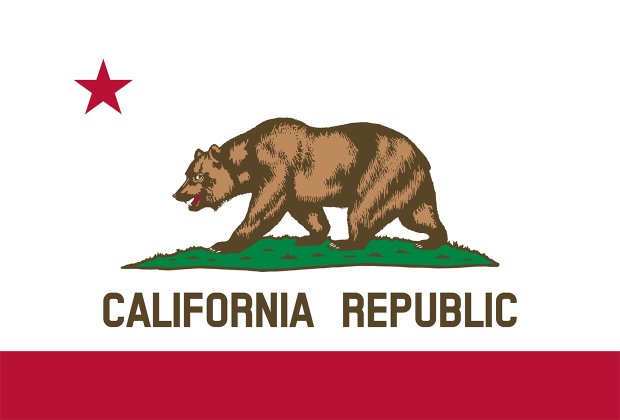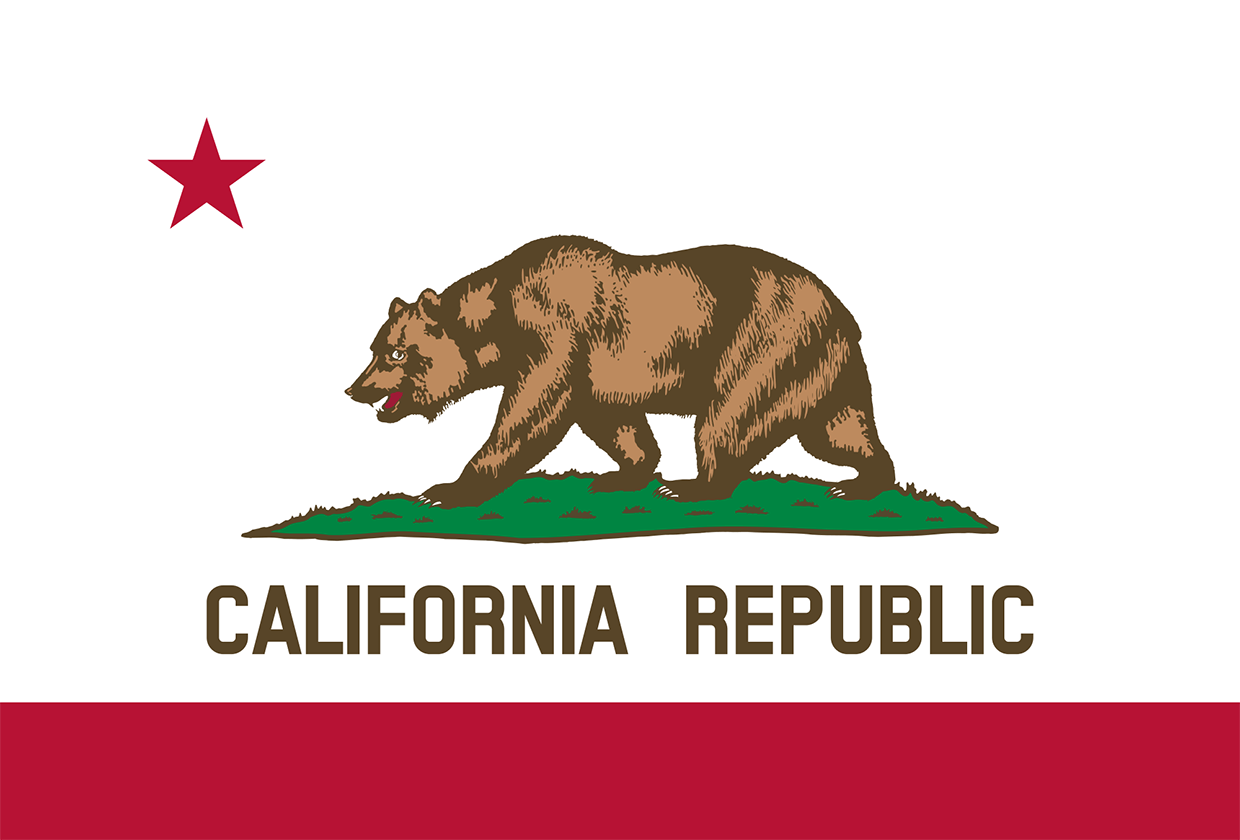For the second time in the last year, the State of California is closing a tax loophole used by cigar companies.
Effective Oct. 1, 2019, out-of-state manufacturers and distributors will be required to calculate the tax paid on cigars based off of the price retailers pay for the products before any coupons or trade discounts. The goal is to stop a practice used by some companies who held manufacturers’ licenses for California and were charging customers a tax paid price based on a factory price.
In July 2017, the tax on cigars in California dramatically increased to roughly 65 percent of the wholesale price. Unlike most states where the tax is fixed, the tax in California changes annually based on a formula related to the cost and tax of cigarettes. Since the increase in 2017—when the tax jumped from 27.3 percent to 65.08 percent after voters approved a cigarette tax increase—the tax has decreased annually, first 62.78 percent for FY18 and now 59.27 percent for FY2020, which began July 1.
The scheme some companies have used has been to create a much lower factory or manufacturer price and then calculate the tax based on that and then to charge the price to the retailers as tax paid. The company, not the retailer, then sent the state excise taxes based on 59.27 percent of the factory price.
For example, a company may normally sell a retailer its cigars for $5 wholesale. But in California, it could set a manufacturers price of $2, caluculating a tax of $1.18, and then charging the retailer $5.18 tax paid. Now most companies will likely opt to do what they do in most states, sell the cigar to the retailer for $5 and then base the tax on that, which would be $2.96, meaning the retailer has now paid $7.96 for the same cigar.
In that example, a consumer would be charged roughly $5.50 more for the same cigar once normal margins are factored in.
One source told halfwheel that he estimated the change in tax enforcement could result in some cigars having their tax burden tripled.
Federal rules restrict businesses from selling products between entities they own at artificially low prices, meaning companies couldn’t legally sell themselves a cigar for 5 cents if it normally wholesales for $5, but they could use a factory price that was less than half of what the cigars would sell for wholesale compared to other states.
In late 2018, California announced that it would be restricting the abilities of companies to hold both distributor and wholesaler licenses, another scheme which allowed for companies to create lower tax burdens.


